Blog articles
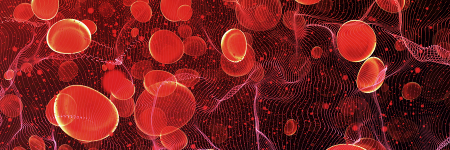
Cell-free DNA: detecting disease
We look at how cfDNA could be used to diagnose LMD – a life-threatening condition that is currently difficult to detect

Day in the life: genetic diabetes nurse
As part of our #GenomicsConversation week, Anita Murphy talks about how a patient’s genetic information can transform their diabetes care
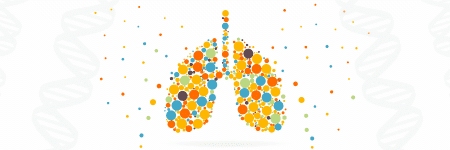
Asthma and the genome
This week, we look at a common condition – asthma – and the role our genome plays in its onset

Covid-19 contributes to antimicrobial resistance crisis
Covid-19 can’t be treated with antibiotics, so why are patients receiving them and what impact could this have on human health?

Genome UK: the first steps in a grand plan
The UK wants to create the world's most advanced genomic healthcare system, with education and training a key component. Here’s what’s in store for 2021/22
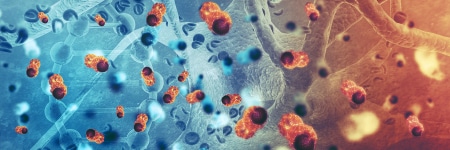
Genomic test supports next-generation cancer drugs
Promising new cancer treatments are emerging, but how does genomics help us identify the patients who need them?
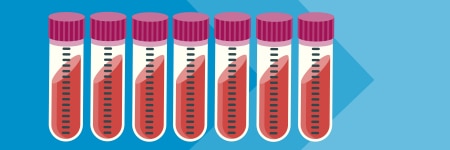
NHS to trial new multi-cancer blood test
More than 50 different types of cancer can be detected by the new test, but how will it work?

First polygenic cause found for neonatal diabetes
A new study has found the first ever polygenic cause for diabetes in children younger than six months of age
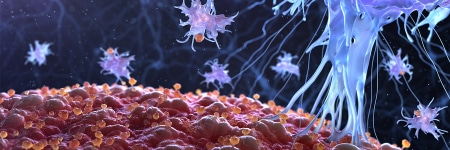
Genomic trigger found for inflammation
Could we ‘turn off’ our body’s unwanted immune responses? New research has found a genetic switch in our non-coding DNA that could help treat complex allergic disease

Gene duo hints at future cure for heart disease
A new study has identified an interaction between two genes that could cause cells in the heart to replicate, opening the door to the first possible curative treatment for heart disease
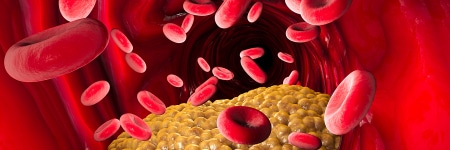
Non-coding RNA: another piece in the atherosclerosis puzzle
Why do some conditions affect us more as we age? A recent study looked at one in particular, atherosclerosis, and found that non-coding RNA may hold the answers

How the UK is cracking the coronavirus code
In the second part of our Covid-19 special, we look at the genomic science and technology behind a new UK consortium to improve understanding of the virus


